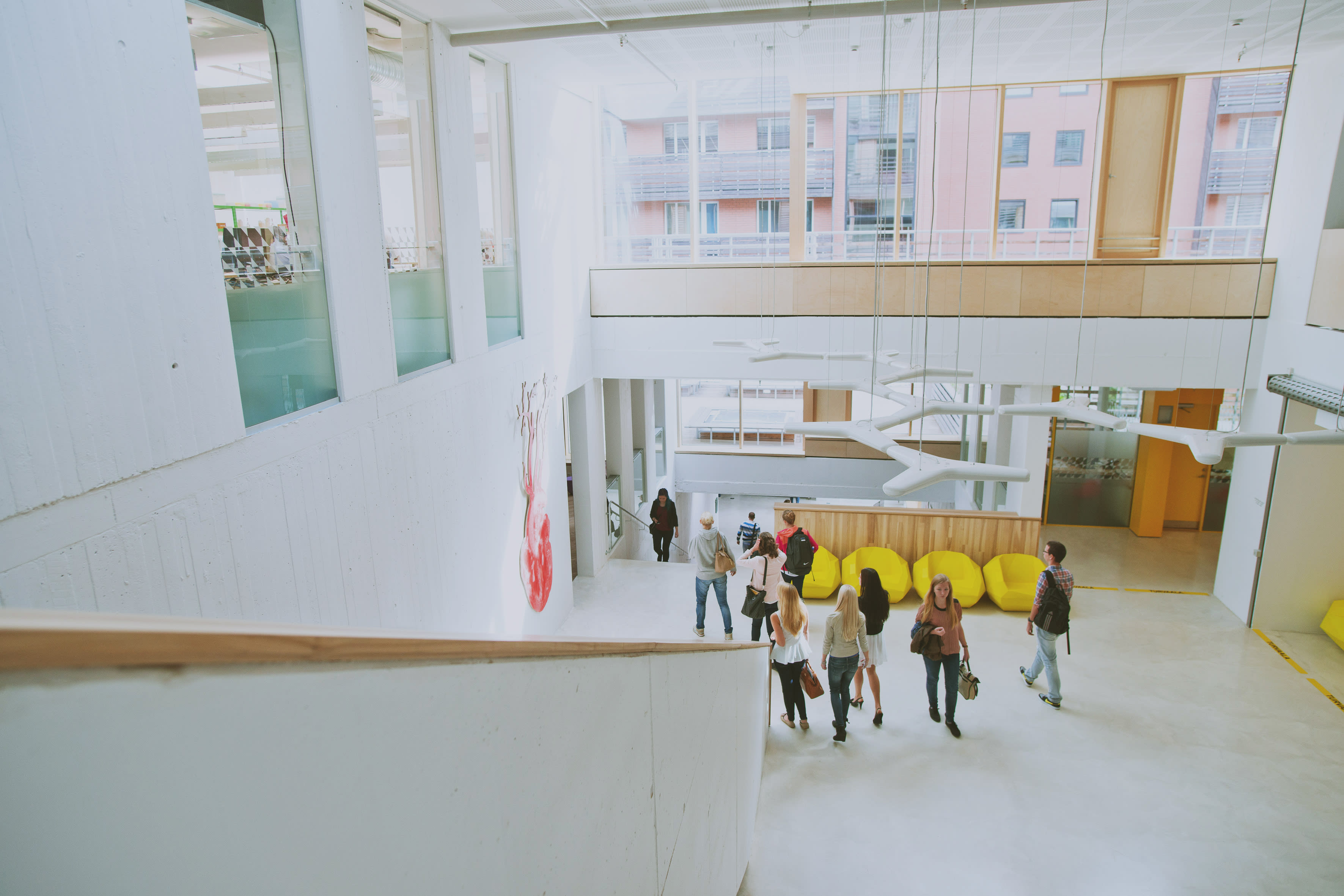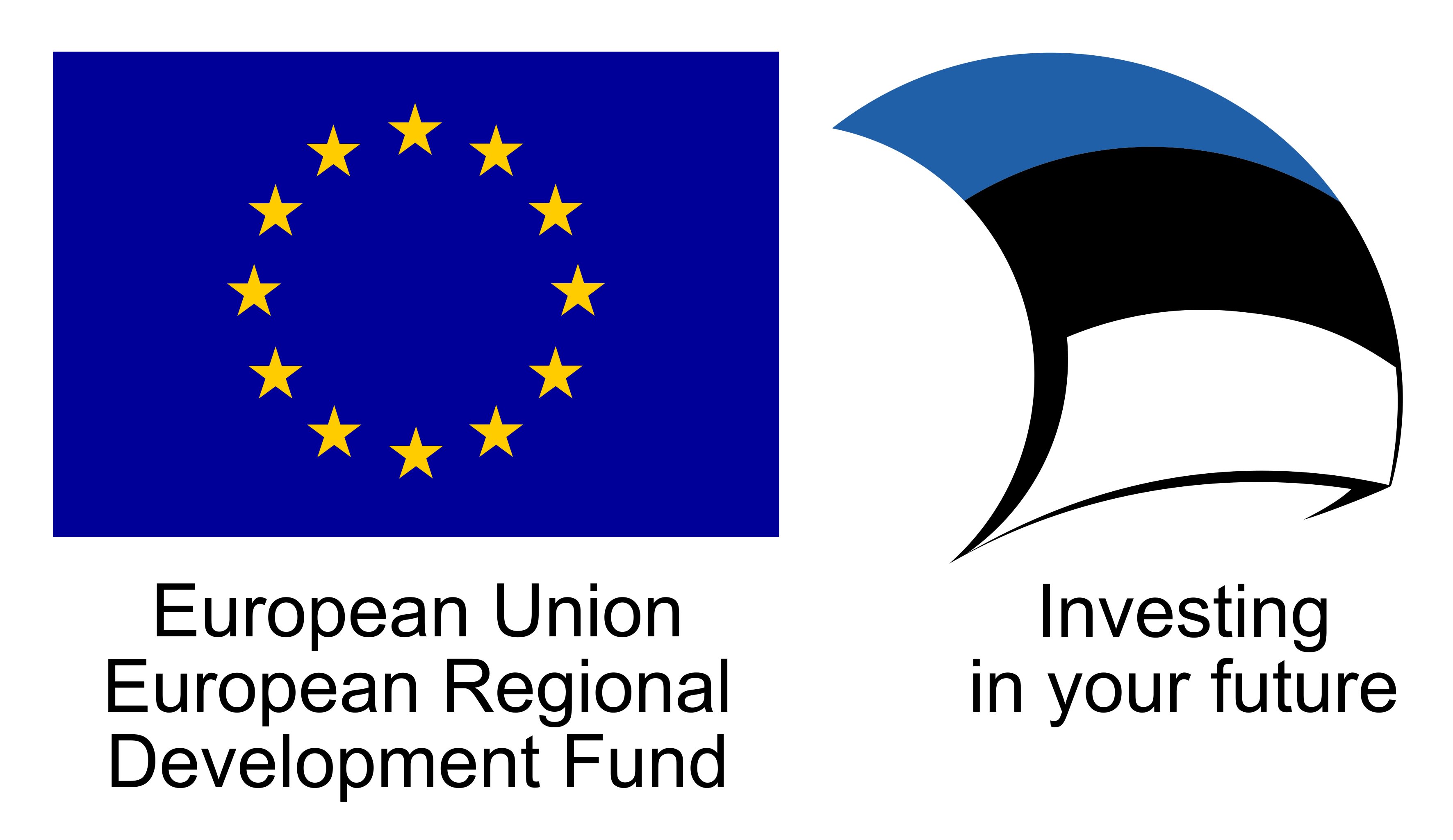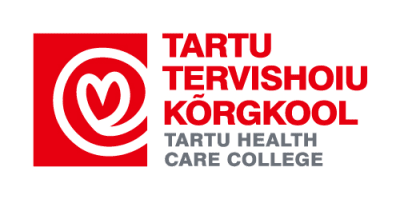Tartu Health Care College Mission and Vision
Mission: to provide competitive, high quality, innovative, international, R&D-based lifelong learning in an inspiring environment.
Being a role model, we impact our community health behavior and shape a healthy living environment, integrate a variety of healthcare fields in studies and research and development, and we participate in the process of making decisions regarding healthcare policies.
When learning and working in the College, we create an environment in which people acquire knowledge, skills, attitudes that help to make the community more cohesive and impact it and contribute to the development of Estonia.
Vision: an acknowledged partner in developing a happy health-conscious knowledge society
Integration of learning and working environments, the introduction of innovation, implementation of new concepts, and partnership in all College's areas of activity are the basis for developing a knowledge society. Integral development and awareness are important components of a happy life.
THCC`s core values
- Integrity – balanced relations between mental, physical and social well-being and environment, and an attitude to life that values health.
- Development – development in open, free, creative and innovative learning and working environment, alternatives and responsibility.
- Human-centeredness – honest, respectful, dignified, equal, trusting, and caring relationships with learners, colleagues and oneself.
- Professionalism – cohesive knowledge, skills and attitudes, commitment to professional, occupational and specialist activity.
Academic and Research Structure
Academic and Research Structure is led by Vice-Rector for Academic Affairs and it consists of Study Departments, Pedagogical Board, Center of Competence (Open College, Services, Projects), International Relations, Educational Technology, and Board of Applied Research, led by the Rector.
Main actors in the Academic and Research Structure are Study Departments by organizing and developing the College teaching process. There are 4 Study Departments:
- Nursing and Midwifery Department
- Radiography and Biomedical Laboratory Science Department
- Physiotherapy and the Environmental Health Department
- Vocational Education Department.
The highest decision-making body in the Academic and Research Structure is the Pedagogical Board led by the Vice-Rector for Academic Affairs. The aim of the Pedagogical Board is to establish the quality of academic, research and development activities of the College.
Administrative and Support Structure
Administrative and Support Structure is the support structure aimed at the organization and development of administrative and economic activities. The main function of this Department is the provision of the operation of the infrastructures, economical support, and technical equipment for the studies, management of the Student Hostel and maintenance of the College assets.
The structure consists of 4 units:
- Administrative and Finance Department (Finance Service, IT Service, Administrative Service, Student Hostel)
- Rector’s Office (Quality management, Legal, Communication)
- Department of Academic Affairs
- Library.

A Brief History of the College
In 1811 a school of midwives was founded by Professor Chr. Fr. Deutsch at the obstetric clinic of Tartu University; that school of midwives is considered to be the predecessor of the present college.
Within about 200 years the college has been merged with different schools, had different names (the best known is the name Tartu Medical School/Tartu Meditsiinikool that was borne by the college in 1960–2005), and provided education and training in different specialist fields and at different levels.
Since 2005 the college has legally been functioning as a professional higher education institution; that change was possible due to the excellent results of international accreditation in 2004.
Teaching and study of the college have been conducted in different buildings, but from 2011 the THCC has its own study building. In 2008 the Government of the Republic made a decision on funding the construction of a new study building of the college and on 24 November 2010 the first stone of the building was laid. In 2011 the study building of the college was completed in Nooruse 5 with the EU funding. In 2011 architect Tarmo Piirmets was rewarded the annual award for the internal design of the college by the Estonian Association of Interior Architects.
Facts About Us
Legal form: A state institution of professional higher education administered by the Estonian Ministry of Education and Research.
Established: In 1811 and in 2005 named Tartu Tervishoiu Kõrgkool/Tartu Health Care College.
_2.pdf)



